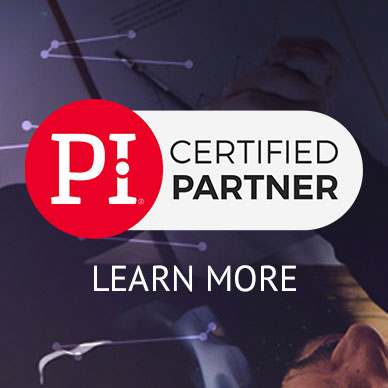A few months back I was conducting a training seminar for about 30 law enforcement officials. The title of the presentation was “Mediation Skills in Law Enforcement.” After some brief introductions and stereotypical presentation humor, I began to summarize the process of mediation and why it could be useful to a law enforcement agency.
One of the participants seated in the front row, slouching against the wall — looking like he’d rather be shoveling garbage than listening to me speak — muttered something under his breath. Since I was already losing my “flow” from his apathetic nonverbals, I decided to engage this individual rather than let it affect my entire training session.
I said, “Did you have a comment about mediation sir?” And he replied, “Well, yes I do. As you are describing it and the slide summarizes behind you, that kind of process won’t work in this organization.”
I said, “Can you tell me why not?” He went on to explain how a pure form of mediation, one in which the neutral third party listens to the disputants and helps them come up with solutions to their issues, could never work at their agency because the supervisors who listen to disputes always know the disputants. He also said that 9 times out of 10 the supervisor will be friends with one of them and not like the other one. So much for neutrality.
While listening to his complaints, which came off in an accusatory tone of voice, the blood was rushing to my face and I began to feel hot all over. Sweat started pouring out of unusual spots under my suit. Although on the surface I remained calm, my mind was frantically searching for a proper response. And then it hit me. Practice what you preach. Successful mediators ask useful questions to engage the disputants…so that is what I did.
After he finished his 3-minute diatribe about how mediation wouldn’t work for this particular police department, I asked him a few questions:
- Are there problems that could be better managed?
- Are most people on the force excellent communicators?
- Is there a process that creates a clear structure for effective, 1-on-1 communication when people are in disagreement with one another?
He went right along with my line of questioning and we ended up having an excellent 10 minute conversation with the entire group about how mediation skills could be useful in the department even if you couldn’t set up an “authentic mediation system.”
Moral of the Story
When you feel attacked by an audience member during a presentation, a really effective way to respond is to invite that person to explain their point, ask them questions, encourage their interaction, validate (parts) of what they are saying, and then transform that isolated conversation with the heckler into an entire audience discussion.



